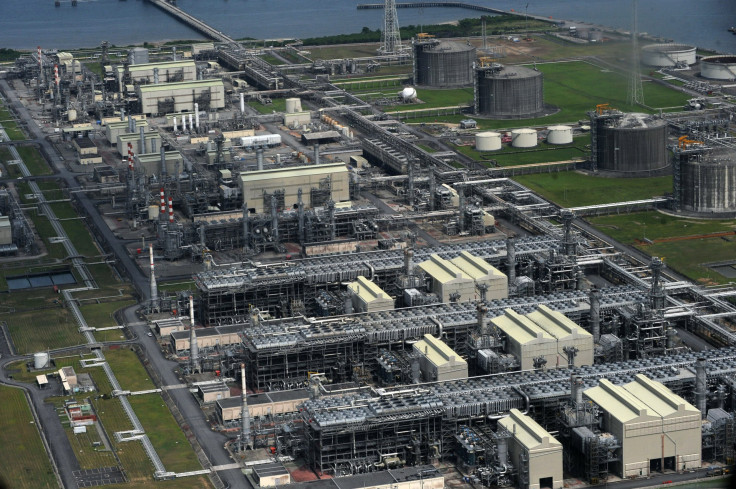Nigeria State Oil Company Withholding Billions, Nigerian National Petroleum Corporation's Sale Practices Worsen: Report

Nigeria’s state oil company has been increasingly withholding massive sums of money from the Nigerian treasury as oil sale practices worsen. The Nigerian National Petroleum Corporation retained about $12.3 billion from the sale of 110 million barrels of oil over ten years, a new report published Tuesday by an international governance watchdog found.
The price of the global crude oil benchmark Brent Crude has fallen more than 50 percent since last summer and has continued in steep decline this week. With oil sales accounting for about 70 percent of government revenues, Nigeria’s new president must reform how the West African nation sells the corporation’s share of crude oil output to save billions of dollars in wasted and lost funds, according to the Natural Resources Governance Initiative in New York.
“Oil sales are Nigeria’s biggest revenue stream, but management has worsened in recent years,” said Aaron Sayne, co-author of the report which was released Tuesday. “The combination of a new government and the current budgetary shortfalls offers Nigeria its best chance in years for overhauling [the Nigerian National Petroleum Corporation’s] oil sales. The status quo is unaffordable.”
Nigerian President Muhammadu Buhari, a former petroleum minister, has vowed to reform the country’s oil sector and tackle corruption. Shortly after taking office in May, Buhari fired the Nigerian National Petroleum Corporation’s board. Now, the new leader should eliminate the state oil company’s domestic crude allocation, stop the discretionary retention of revenues, amend oil swap deals, rid oil sales of unnecessary middlemen and improve the sector’s transparency and corporate governance, the report suggested.
“Everyone from trading companies to Nigerian citizens is waiting to see how the new government will approach these transactions, including the allocation of new export or swap contracts," said Alexandra Gillies, another co-author of the report.
About half of Nigeria’s crude oil output goes to the state-owned company. The Nigerian National Petroleum Corporation sells half that oil onto a subsidiary, the Pipelines and Product Marketing Company, according to Reuters. But only a fraction of the crude is sent onto the country’s state-owned refineries while the rest is exported or swapped for other products. The money goes into the Nigerian National Petroleum Corporation’s accounts and is used for off-book spending, which averaged $6 billion per year between 2010 and 2013, the report said.
This spending is muddy and lacks oversight, and the confusion extends into oil sales with the role of multiple middlemen and traders in the Nigerian oil market. However, Nigeria’s state oil company has been a source of controversy for years. In 2014, the then-governor of the Central Bank of Nigeria, Lamido Sanusi, claimed that $20 billion in revenues from Nigerian National Petroleum Corporation was missing, according to Forbes.
© Copyright IBTimes 2024. All rights reserved.




















